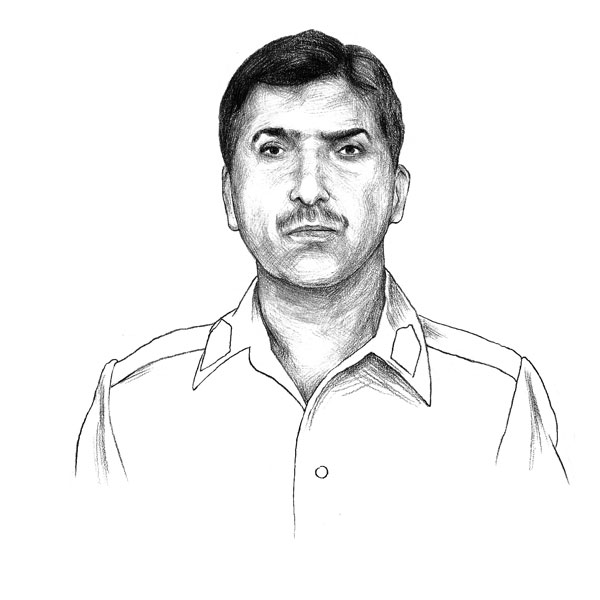
Within weeks of Lieut. General Ahmed Shuja Pasha's becoming head of Pakistan's top intelligence agency, ISI, in 2008, terrorist attacks in Mumbai seriously roiled already stressed U.S.-Pakistani relations. Pasha, 59, has grown progressively more suspicious of U.S. motives and staying power. The arrest of a U.S. government contractor in Lahore has led to acrimony. And larger changes in Pakistan — the growth of fundamentalism, nationalism and anti-Americanism — have squeezed the space in which any ISI chief can cooperate with the U.S. Pasha, a Pakistani patriot and American partner, now must find these two roles even more difficult to reconcile — and at a time when much of U.S. counterterrorism success depends on exactly that.
Hayden is a former director of the CIA